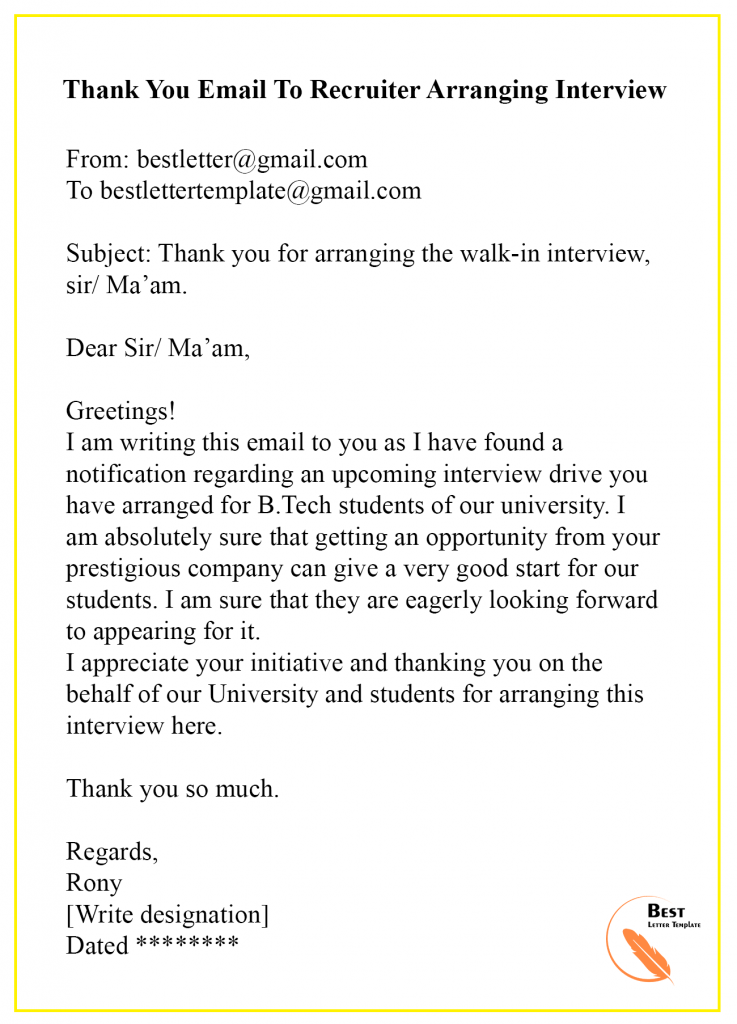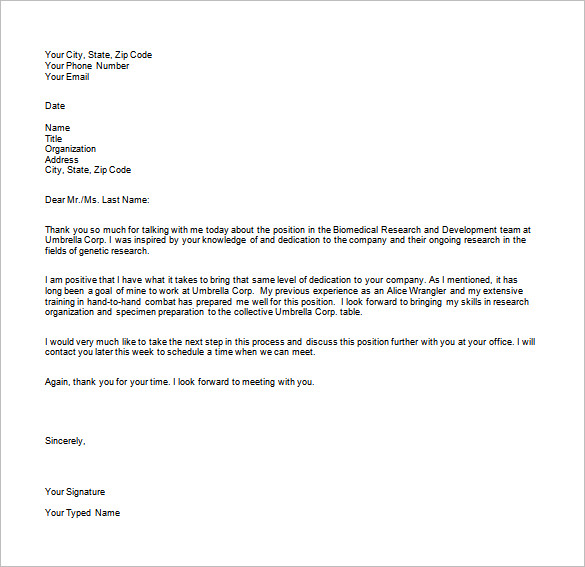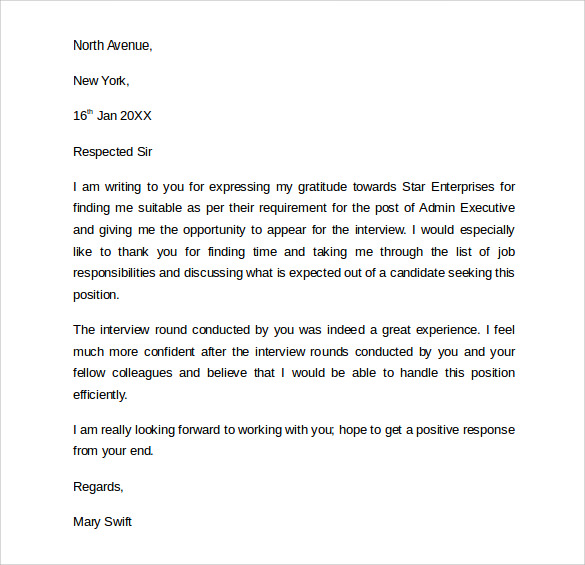

Tone can easily be misinterpreted via email, so take care to craft a message that sounds friendly and polite. You might say, “Next steps on X project” or “Question on job application.” Be mindful of your tone. Instead, use the subject line to give the recipient a short preview of your request. Avoid generic phrases like “Following up” or “Checking in.” Those are not only vague - they may also make the reader feel bad for being slow to respond (even further delaying a prompt reply). Though not every email will be urgent, like Paul’s, you still need to be thoughtful about your subject line. Paul emailed his coworker again, changing the subject line to “Time sensitive: communication plan,” and got an immediate reply.

His first email, with the subject line “Team communication plan in advance of firm announcement” didn’t get a response. Research shows that shorter subject lines with only four words have the highest open rates, which makes sense since two-thirds of emails are read on mobile devices.įor example, Paul, a client of mine, needed his colleague to sign off on a communication plan around the announcement of his move to a new group. Have a compelling subject line.įorty-seven percent of emails are opened or discarded based on their subject line alone. Here are some key things to keep in mind when you reach out to someone for the second (or third, or fourth) time.

That said, it can still feel awkward to follow up, especially if you need to do so more than once. Remembering this can help de-personalize their silence, and make you less hesitant to send a follow up message. Your email probably doesn’t make the top 10 on their priority list.
#FOLLOW UP THANK YOU EMAIL SERIES#
People are often juggling a series of important work and personal responsibilities. Whether you are reaching out to a coworker, a client, a recruiter, a classmate, or even an old friend, not everyone will get back to you on your timeline - if at all.Īs frustrating and disappointing as it may be, a lack of response doesn’t mean they’re ghosting you. You email someone asking for a conversation, information, input, or an introduction, and you get no response.


 0 kommentar(er)
0 kommentar(er)
